HomeBlogStoriesLABE Uganda, Government jointly visit Home Learning Centres in West Nile and Northern Uganda during the Literacy Week
LABE Uganda, Government jointly visit Home Learning Centres in West Nile and Northern Uganda during the Literacy Week
What is LABE and the Government of Uganda doing? Literacy and Adult Basic Education (LABE) and the Ministry of Gender, Labour, and […]
What is LABE and the Government of Uganda doing?
Literacy and Adult Basic Education (LABE) and the Ministry of Gender, Labour, and Social Development are reinforcing their commitment to grassroots literacy initiatives in Uganda. This comes ahead of International Literacy Day, celebrated on September 8th each year. A joint team from both organizations is conducting field visits to project sites in Northern Uganda and the West Nile region. Leading the Ministry’s team is Everest Tumwesigye, Commissioner for Community Development and Literacy, while LABE’s efforts on the ground are being spearheaded by Executive Director Stellah Keihangwe Tumwebaze.
Field visits follow a Memorandum of Understanding (MoU) signed on May 30, 2024, between LABE and the Ministry of Gender. This collaboration focuses on responsive caregiving, preschool learning, livelihood literacy, and parenting skills development in home-based learning environments. Already, substantial progress has been made in Koboko, Terego, and Obongi districts.
What is LABE Uganda?
Founded in 1989, Literacy and Adult Basic Education (LABE) is a Ugandan NGO dedicated to empowering communities through sustainable literacy programs, with a focus on equitable grassroots development. The organization has played a significant role in helping marginalized communities, particularly women and girls, break the cycle of poverty through education. Joyce Nairuba, LABE’s Communication Officer, highlights how play materials are used as learning tools to foster engagement and understanding.
Local Engagement and Positive Feedback
During their visit, the teams met with district leaders, including the District Education Officer (DEO), the Chief Administrative Officer (CAO), and representatives from the German Adult Education Association. Community members and local officials expressed overwhelmingly positive feedback, acknowledging the transformative impact of the literacy initiatives.
Everest Tumwesigye on LABE’s work
Commissioner Everest Tumwesigye praised the innovative efforts of Terego’s District DEO, who transformed his own home into a Home Learning Centre (HLC) for Early Childhood Development (ECD). Tumwesigye emphasized that the Government of Uganda, through forthcoming development funding, plans to scale LABE’s Home Learning Centres into a nationwide model.
Stellah Tumwebaze on LABE’s Impact
Stellah Tumwebaze, LABE’s Executive Director, highlighted the importance of strengthening existing programs before expanding to additional areas. LABE has a solid foundation in districts like Obongi, Terego, and Koboko. As the program solidifies its impact, there are plans to reach more sub-counties without compromising the quality of their efforts.
Community Empowerment through Financial Support
LABE’s programs also address the economic needs of the community. Four Home Learning Centres have received UGX 250,000 each to launch small ventures such as maize planting and food selling. Moreover, LABE has trained parents in financial literacy, encouraging them to save through the Village Savings and Loans Association (VSLA). These initiatives empower women through farming and hospitality, further supporting community development.
Ministry of Gender’s Commitment
Representatives from the Ministry of Gender, Labour, and Social Development reaffirmed their commitment to LABE’s mission of making Adult Basic Education (ABE) and Early Childhood Development (ECD) accessible to all Ugandans. The ministry sees LABE as a critical partner in driving community-driven change at the grassroots level.
As Uganda gears up to celebrate International Literacy Day, the partnership between LABE and the Ministry of Gender serves as a powerful reminder that literacy is the cornerstone of a brighter future for Uganda’s communities.
 E-Learning
E-Learning Shop
Shop Data
Data